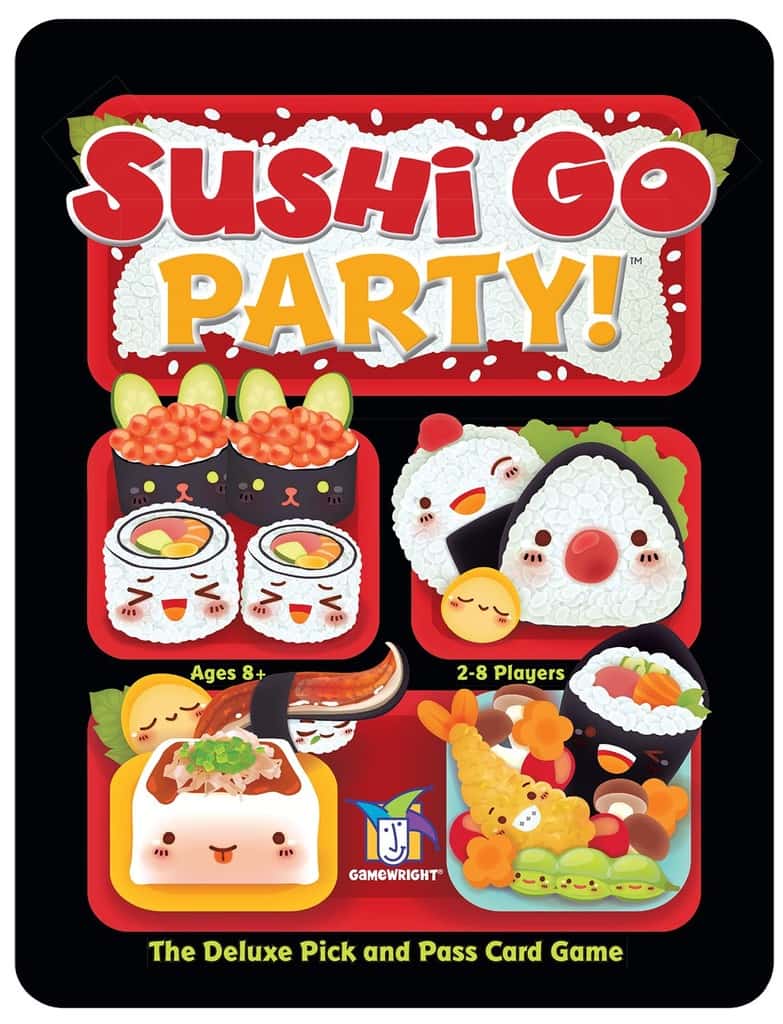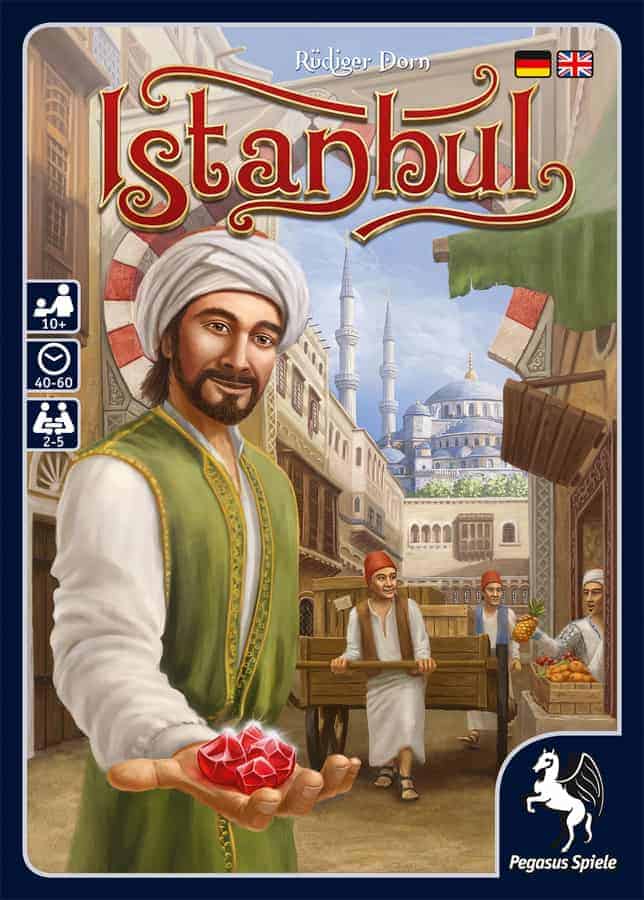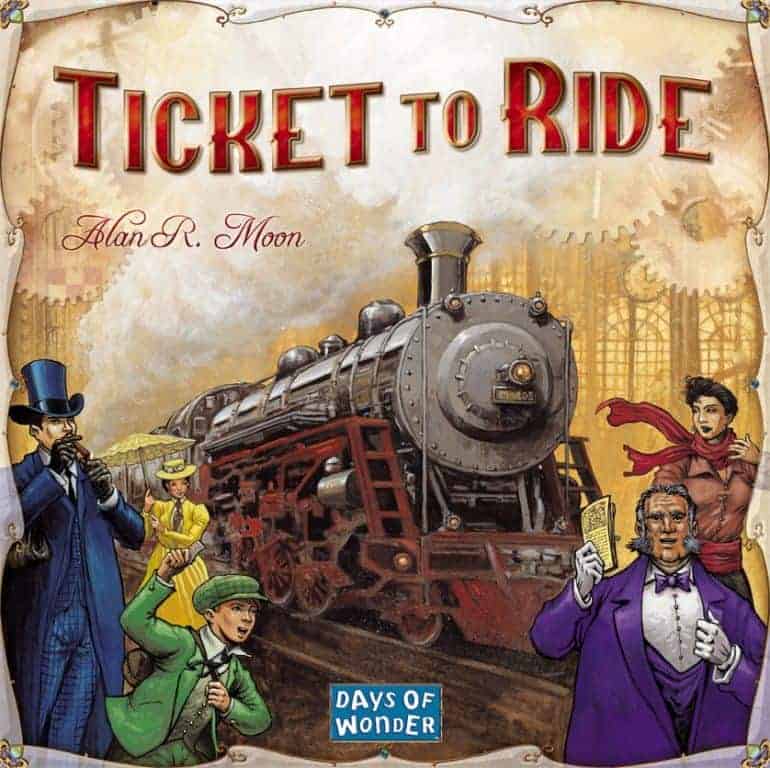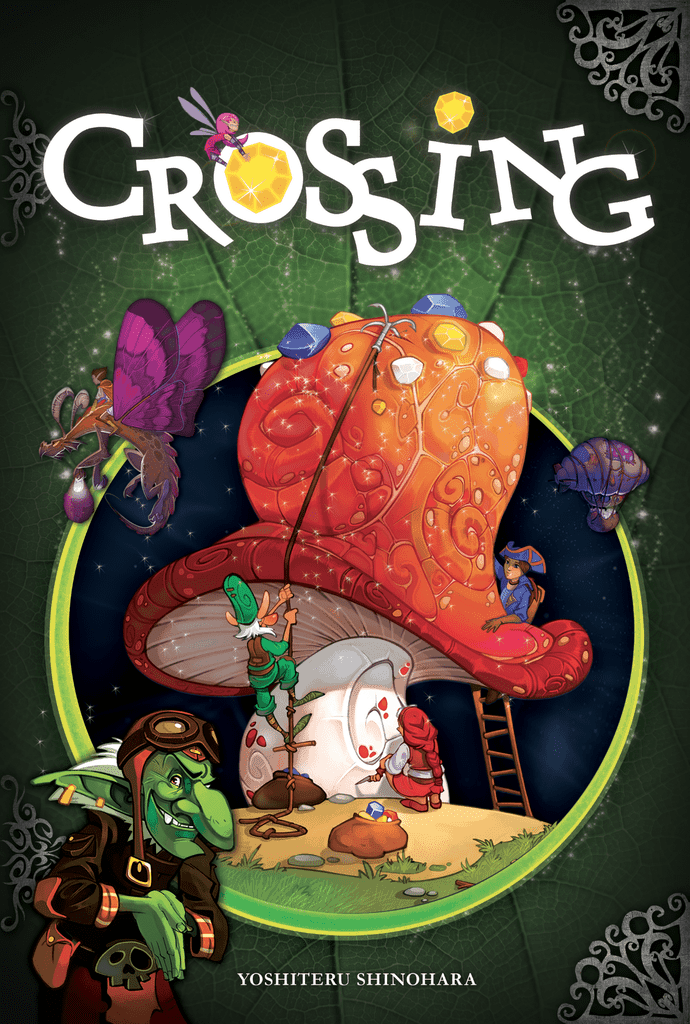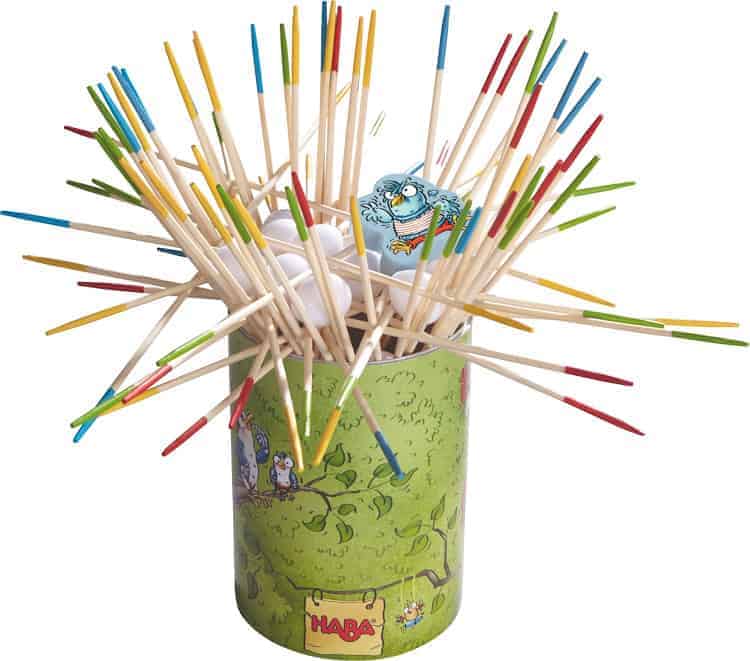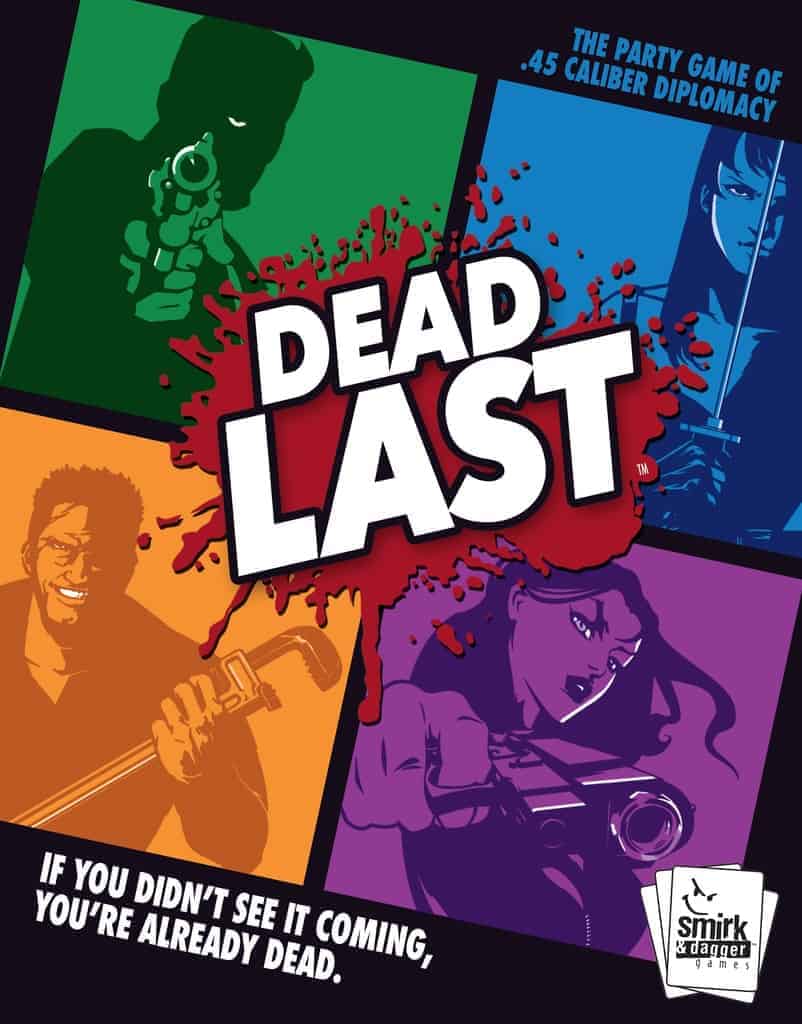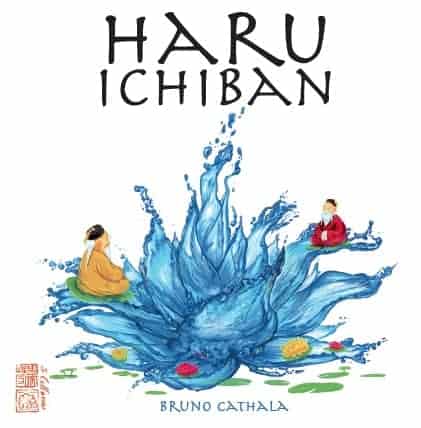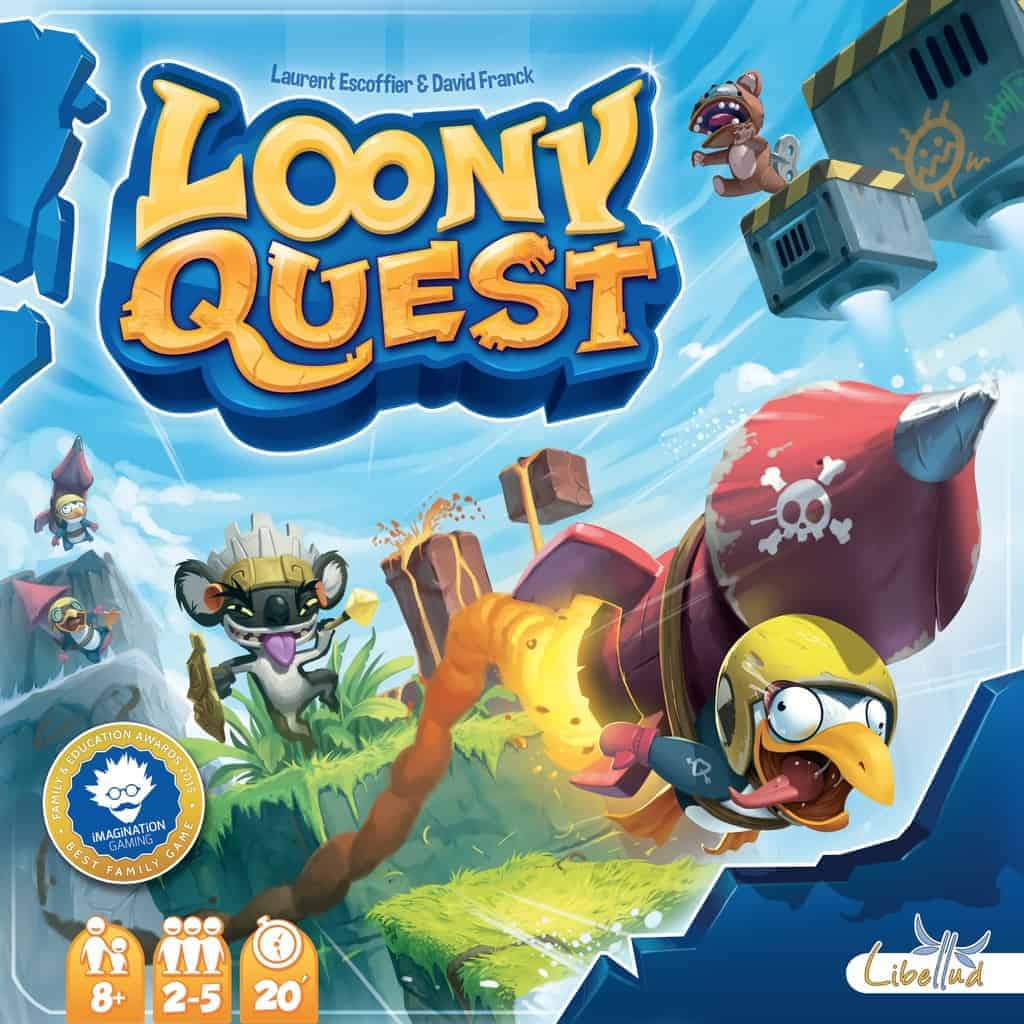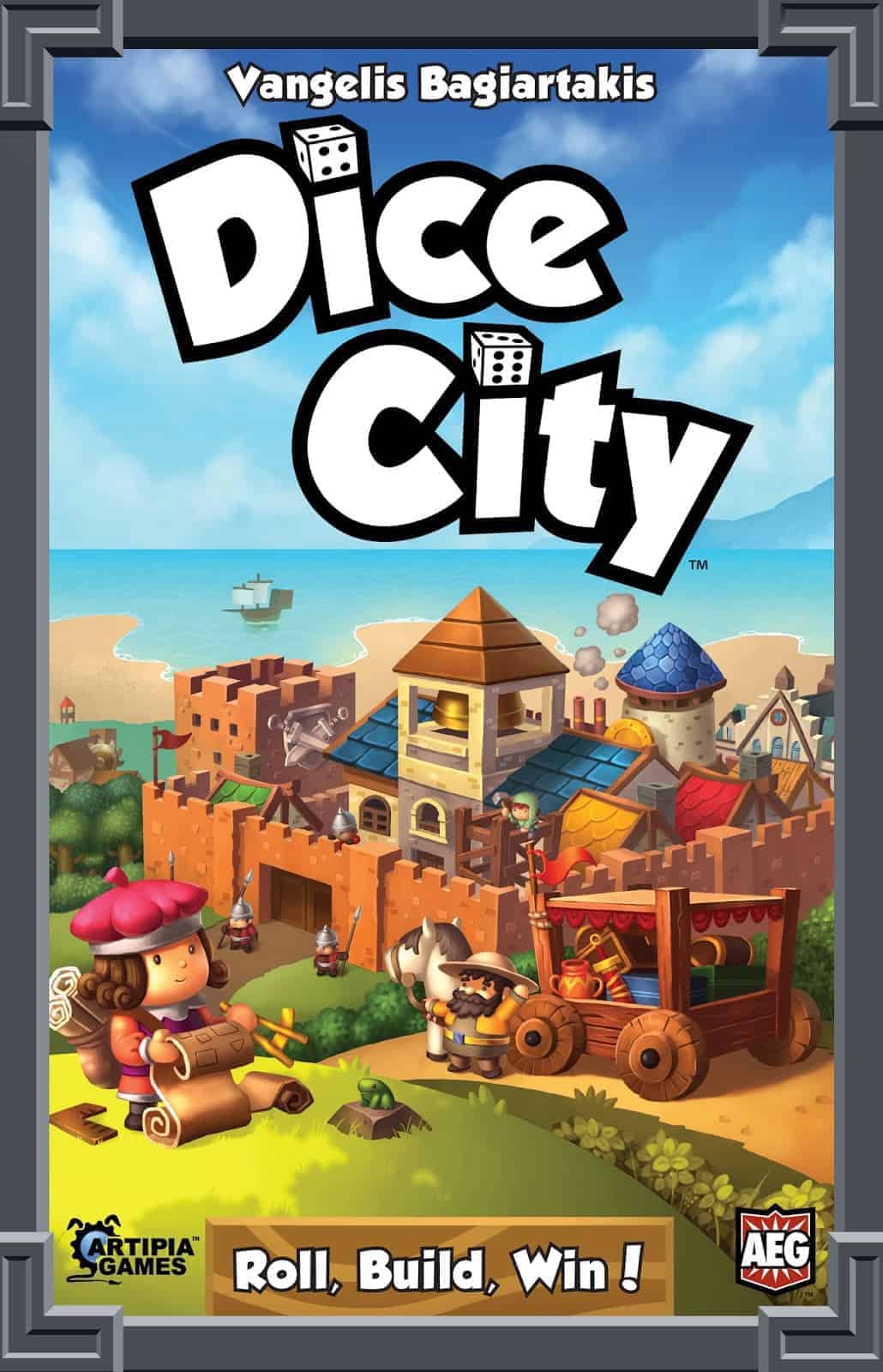In Haru Ichiban, or “The Wind of Spring”, two apprentice gardeners compete to use this wind to their advantage to create harmonious patterns of their blossoms upon the lilypads.
Each gardener has eight flower buds numbered 1-8, with three of those buds being in hand at the start of a round. Sixteen lilypads are placed in the 5×5 pond, with one of them turned to its dark side.
Each gardener simultaneously chooses a reveals a bud, with the player with the lower number becoming the Little Gardener and the other becoming the Grand Gardener. In order:
The Little Gardener places one of his colored blossoms on the dark lilypad.
The Grand Gardener places one of his colored blossoms on the lilypad of his choice.
The Little Gardener moves one lilypad to an adjacent space, possibly moving other lilypads at the same time.
The Grand Gardener flips one unoccupied lilypad to its dark side.
Each gardener takes a new bud.
As soon as a gardener creates a specific pattern with blossoms of his color, he scores points: 1 point for a 2×2 square, 2 points for a horizontal or vertical row of four blossoms, 3 points for a diagonal row of four blossoms, and 5 points for a row of five blossoms. If the gardener has fewer than five points, the gardeners reset the board and start a new round with three buds of their eight; if the gardener has five or more points, the game ends and he wins!
Read More
